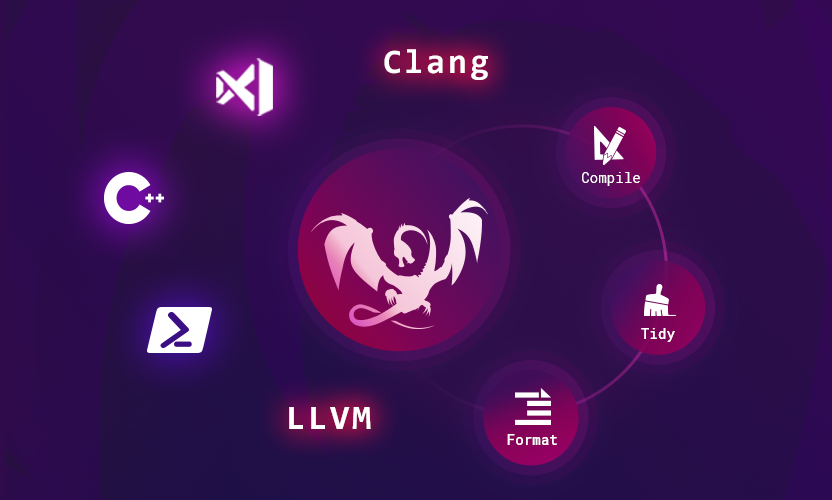Creating a co_await awaitable signal that can be awaited multiple times, part 2--Raymond Chen
The series continue.
Creating a co_await awaitable signal that can be awaited multiple times, part 2
by Raymond Chen
From the article:
Last time, we created an awaitable signal that can be awaited multiple times. We noted that one problem with the implementation is that the object couldn’t be copied: Everybody has to await the same object, which can create lifetime issues...

 A brand-new ACM interview with the creator of C++...
A brand-new ACM interview with the creator of C++... Were you using them?
Were you using them?